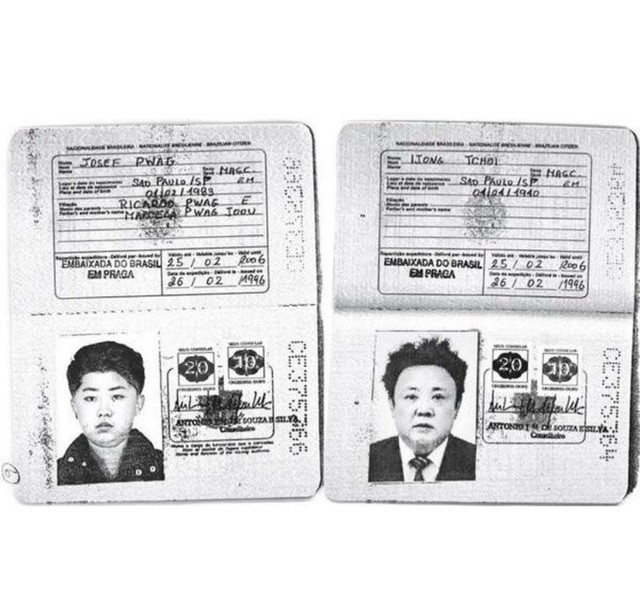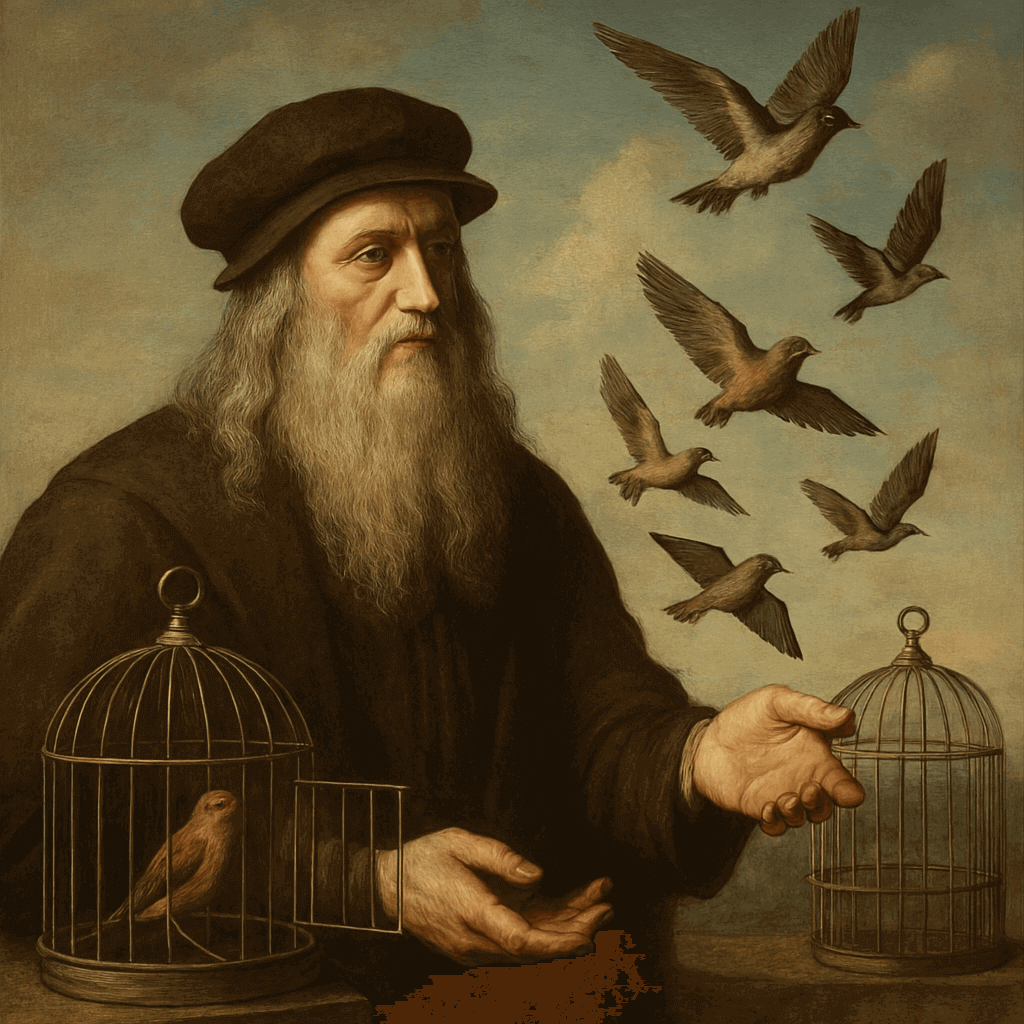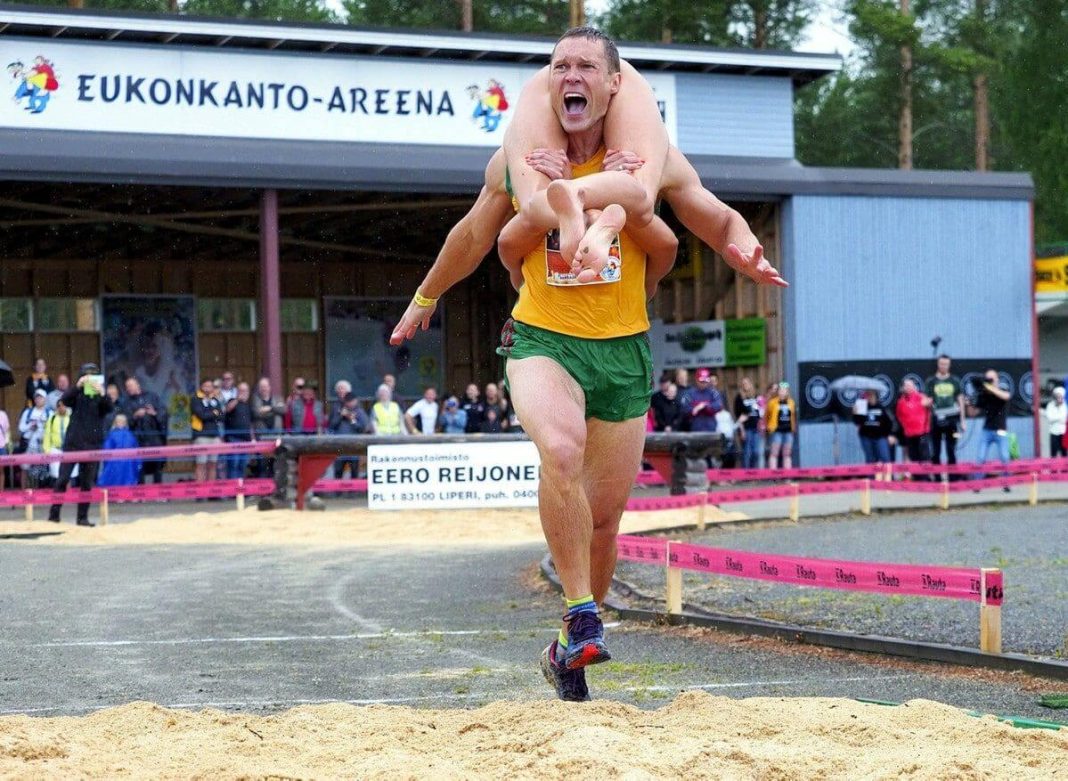Kim Jong-Un’s Secret Trip to Disneyland in the 1990s . In one of the strangest chapters of modern geopolitics, reports have revealed that North Korea’s former leader Kim Jong-Il and his son, Kim Jong-Un, once used fake Brazilian passports to travel abroad during the 1990s. Among their rumored destinations was none other than Disneyland—an ironic choice given North Korea’s rigid stance against Western culture.
The story emerged years later when copies of these forged passports surfaced, both carrying the names of Brazilian citizens but featuring photographs that clearly resembled the two Kims. Intelligence agencies believe the documents were used to explore possible overseas escapes, but also to indulge in personal curiosities far removed from their tightly controlled homeland. For the young Kim Jong-Un, who would one day become North Korea’s Supreme Leader, the visit to Disneyland symbolized both fascination with and exposure to the outside world.
A Strange Intersection of Dictatorship and Pop Culture
The idea of one of the world’s most secretive authoritarian families strolling through the “Happiest Place on Earth” seems almost surreal. Disneyland, with its bright parades, family-friendly rides, and Disney characters, represents everything that North Korea publicly condemns as Western excess. Yet behind closed doors, both Kim Jong-Il and Kim Jong-Un were known to have deep interests in Western culture. Kim Jong-Il reportedly collected Hollywood films and fine wine, while his son grew up obsessed with basketball and American music.
The trip, if fully true, highlights the contradiction between the propaganda that North Korea fed its people and the private desires of its ruling elite. While ordinary citizens lived under extreme restrictions and hardship—especially during the 1990s famine—the country’s leadership was secretly experiencing Western luxury and entertainment.
The Legacy of a Secret Trip
Though neither Disneyland nor the North Korean government has ever officially confirmed the visit, the existence of the forged Brazilian passports adds credibility to the story. More than a quirky anecdote, this episode underscores the dual lives of authoritarian rulers: projecting defiance outwardly while quietly indulging in the very culture they denounce.
Today, the tale of Kim Jong-Il and Kim Jong-Un’s rumored Disneyland adventure stands as both a bizarre historical footnote and a reminder of the contradictions that often define regimes built on secrecy and control.


